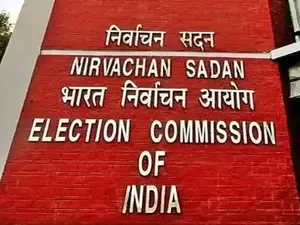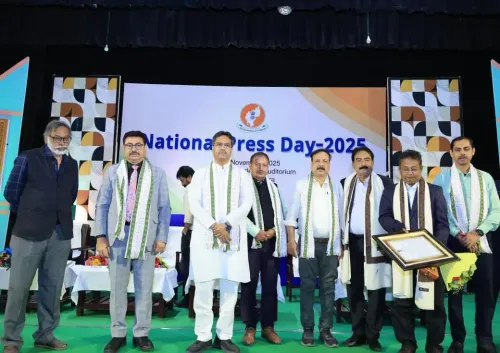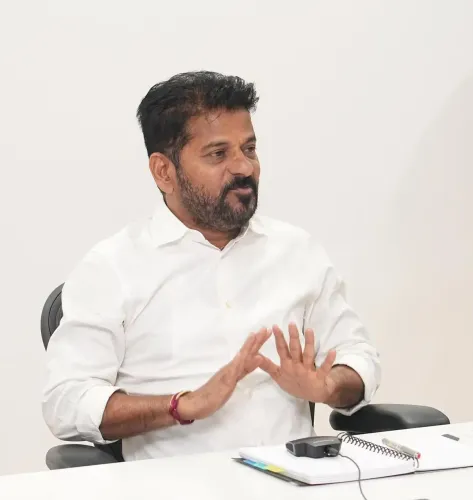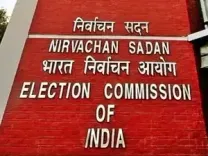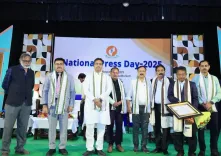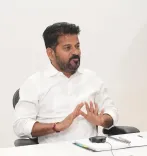Himachal CM Calls Union Budget 'Inequitable' for Prioritizing Bihar
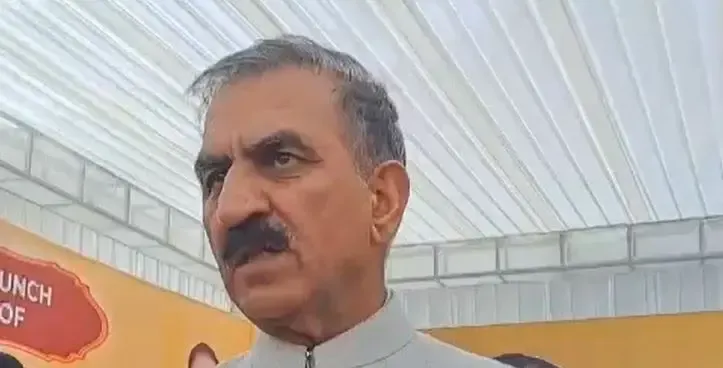
Synopsis
Key Takeaways
- Chief Minister critiques Union Budget 2025-26.
- Focus on Bihar deemed inequitable.
- Urgent need to address unemployment and poverty.
- Apple growers face financial challenges.
- No increase in interest-free loans allocation.
- Discontinuation of GST compensation harms state finances.
Shimla, Feb 1 (NationPress) Himachal Pradesh Chief Minister Sukhvinder Sukhu on Saturday expressed disappointment over the Union Budget 2025-26, describing it as inequitable due to its predominant focus on Bihar.
In his statement, he underscored several critical areas of concern and urged for immediate revisions to cater to the broader needs of the population in his state.
The Chief Minister remarked that the Budget once again neglects the urgent challenges facing the nation, especially unemployment, poverty, and escalating prices.
He pointed out that apple farmers, who play a vital role in the state’s economy, are encountering significant financial difficulties, and this Budget fails to provide any solutions to ease their burdens or raise import duties on apples, which could have offered essential relief.
Sukhu noted that the Budget overlooks the critical issue of expanding the rail network in Himachal Pradesh. A well-developed rail network is crucial for economic advancement, yet it has been disregarded.
He stated that the allocation for interest-free loans to states of Rs 1.5 lakh crore has not seen an increase, and the stringent conditions tied to it do not benefit smaller states like Himachal Pradesh due to their cost disabilities. The discontinuation of GST compensation has placed Himachal Pradesh in a vulnerable financial situation, leading to an annual loss that the state cannot afford. He emphasized that an urgent special financial package is needed to alleviate this loss and support the state's fiscal health. The lack of such a package in the Budget is a considerable setback, he added.
The Chief Minister remarked that the benefits for the middle class in the form of income tax rebates have arrived too late, as the advantages of the new direct tax structure might merely serve to restore savings depleted in previous years rather than stimulate consumption and demand. It's an anti-poor Budget, not forward-thinking. It is a completely opportunistic budget,” Sukhu stated.

